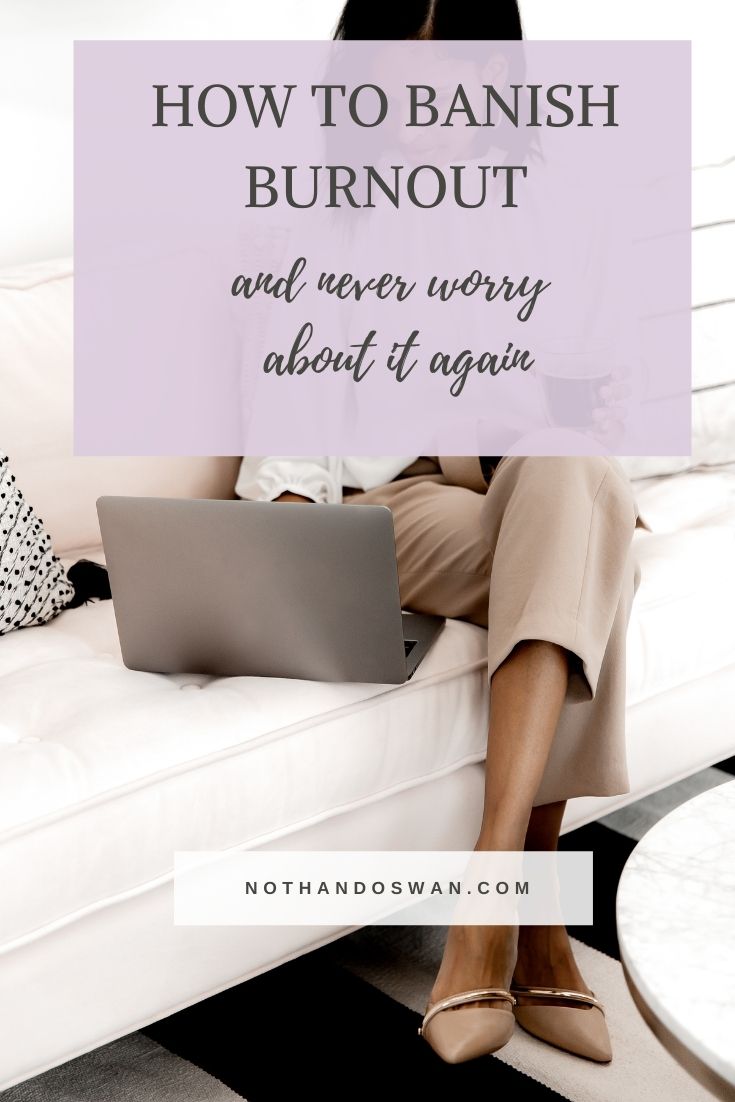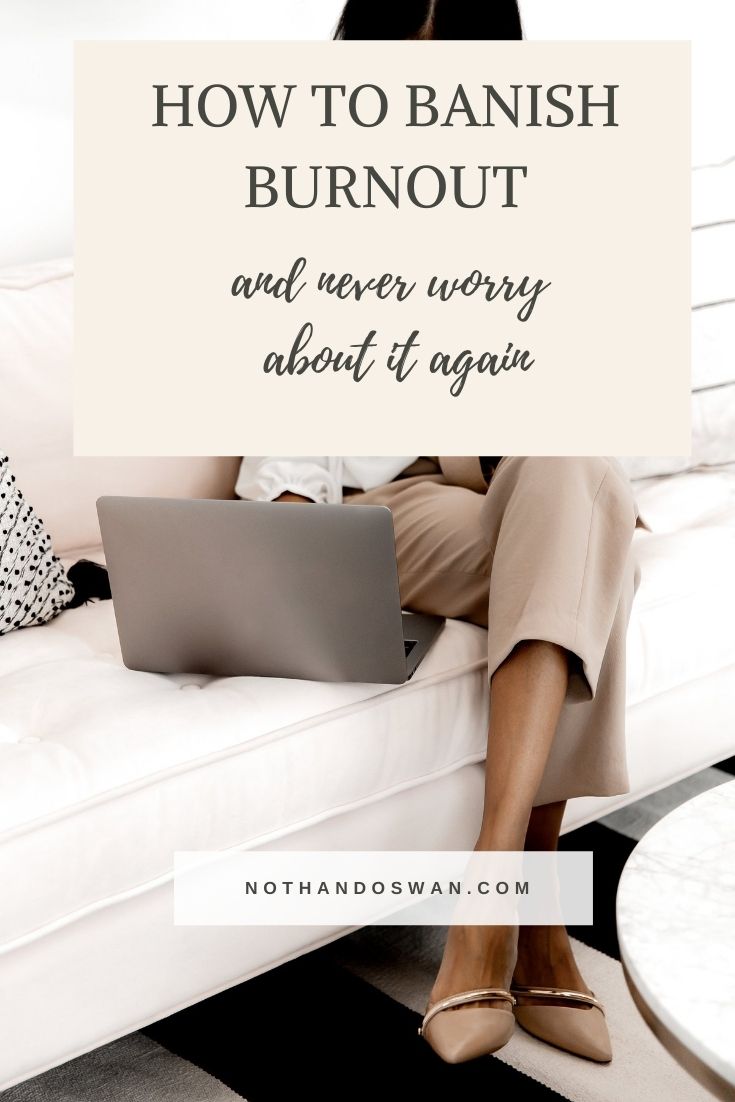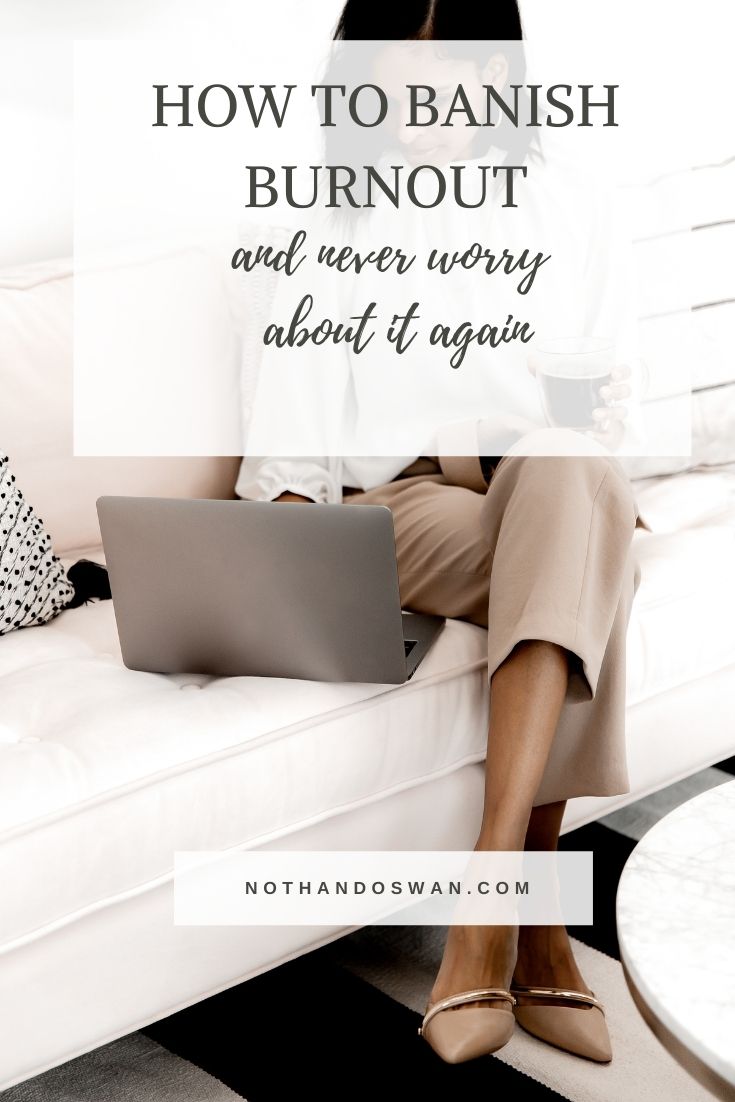
Some of you have emailed me politely pointing out that I’m pretty annoying. It’s not fun taking advice from someone who always seems to have it together. Like… you’re happy for me and all, but also… ugh.
In this post, I’m going to tell you about how I paid extra for my master’s in public health – and still haven’t completed it – all in the name of burnout prevention.
We’re walking through how to burnout-proof your career by holding on to 3 key thoughts, and we’re using one of my less impressive stories as an example.
So here we go. 3 thoughts to burnout-proof your career:
Burnout prevention thought #1: money is the most least important asset
After I’d missed the third quiz in a row, my program director (who happened to be teaching the course I was struggling in) set up a Zoom call with me.
It was not pretty.
“I reach out to students who are at risk of failing, and I was surprised to see you. This isn’t like you,” she said.
I hated to admit it, but with my move, my dad’s illness, my first year in practice being during a pandemic – and the list goes on – I just forfeited the marks. I didn’t do the quizzes hoping I could get the assignments in and scrape by.
Mind you, I explained this to her in tears, wishing I’d brought tissues. Who cries on Zoom?! It was the worst.
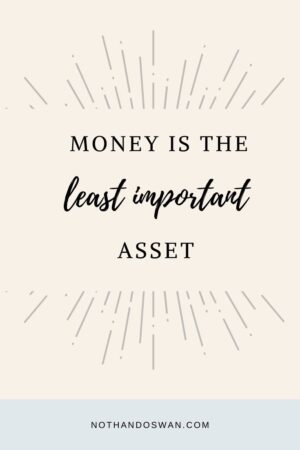
Download the Complete Guide to Boundaries for Physicians here.
But at a future Zoom call, we reviewed my options for completing the program, and I made a difficult decision. I would take double the time that other students took and pay thousands more for those extra semesters. Instead of trying to keep up, I would take longer to finish my program and prevent burnout.
As logical as this seems, it took me weeks to finally decide that the tuition cost was way less important than my ability to show up in clinic, at home, and for myself.
Sound familiar? Oftentimes, we risk burnout because of bills. We don’t take days off because we need to get paid. Or we don’t buy things that we want and need because we guilt ourselves out of those purchases.
In the last 3 months, where have you unintentionally valued your finances over yourself?
In order to make decisions that prevent burnout, could you agree that your money is the least important asset?
What is your most important asset?
Burnout prevention thought #2: the work will still be there
Just like my coursework is still waiting for me, your work will wait for you too.
Trust me, I understand that your patients are depending on you. I understand that your clients’ protection hinges on your expertise. The paperwork, the contracts, the refills… none of those things have legs. They will not run away if you leave them and return tomorrow. Or even 2 weeks from now. Or months from now, if that’s the time you need.
If you step away from whatever you’re working on to refuel yourself, when you come back, the work will still be there. Think of this on three practical levels:
Daily practice
How could it be more efficient for you to get home on time and continue your work tomorrow instead of cramming it all in today?
Periodic time off
What is the benefit of working in a team if you don’t allow others to support you on vacation? How could the team grow in your absence?
Prolonged time off
At this moment, is it in your best interest to work serving others or to take care of a basic need? What about your patients and clients; is it in their best interest for you to take time off or continue to work? And how about your family?
Please do not hear me saying to put off your work or procrastinate.
At your best, you would never do that. But if you’re finding yourself avoiding things over and over, it’s possible that something in your workflow isn’t as efficient as it could be yet.
No worries. Troubleshoot it.
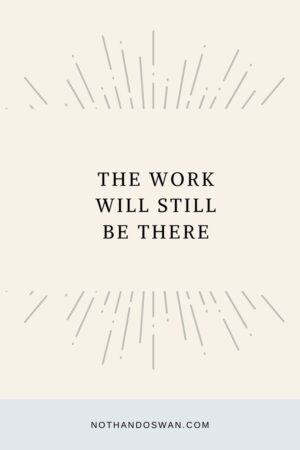
Burnout prevention thought #3: other people’s problems aren’t a problem
So many professionals think that if they see “one more angry patient” or “one more demanding client,” they won’t be able to deal. (For help with how to handle this both effectively and professionally, download the Complete Guide to Boundaries for Physicians here.)
Forgive me for stating the obvious, but of course your patients and clients are coming to you with problems. You’re the professional. You help fix those problems.
What allows you to fix them in a way that’s helpful to them and useful to you is how you approach the problem.
You don’t need to take on other people’s attitudes. They can be frantic and you can be calm. They’re allowed to be upset and you can be empathetic. They can be rude and you can be kind. That’s part of why you have the privilege of sitting on your side of the desk.
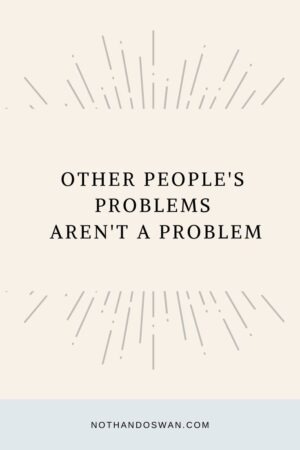
Not only is this important for how you show up as a professional, but it’s also important for the longevity of your health and career.
Reflect on the last difficult encounter you had with a patient/client using these prompts:
What boundary did this encounter reinforce for you? (What are you unwilling to accept?)
Was there a moment that you stepped out of character? What does this tell you about how you would prefer to respond?
What has this taught you about how to handle this concern in the future?
Download the Complete Guide to Boundaries for Physicians here.
Summary
So I’m still in school, which has become a running joke in my family, but I also have the best career and the most beautiful life. I’m also not burnt out despite the craziness of the past couple of years.
When we think about burnout and its devastating effects on so many of us, one empowering belief is that we can safeguard against it. Burnout doesn’t just happen to us, as insidious as it can be. Workplace culture and unrealistic norms weigh on us; and certain thoughts and actions can increase our risk of experiencing it. Burnout-proof your career by keeping these concepts top of mind:
- Money is the least important asset
- The work will still be there
- Other people’s problems aren’t a problem
If any of these thoughts seem encouraging to you, then we have to talk. In a one-hour consult, we’ll make a specific plan to burnout-proof your career and decide if coaching is for you. We’ll identify what’s getting in the way of your professional self-care and exactly how to overcome it. Because listen: you do meaningful work, and you can’t afford to compromise it or your health. So let’s chat.
Was this post helpful? Pin it
